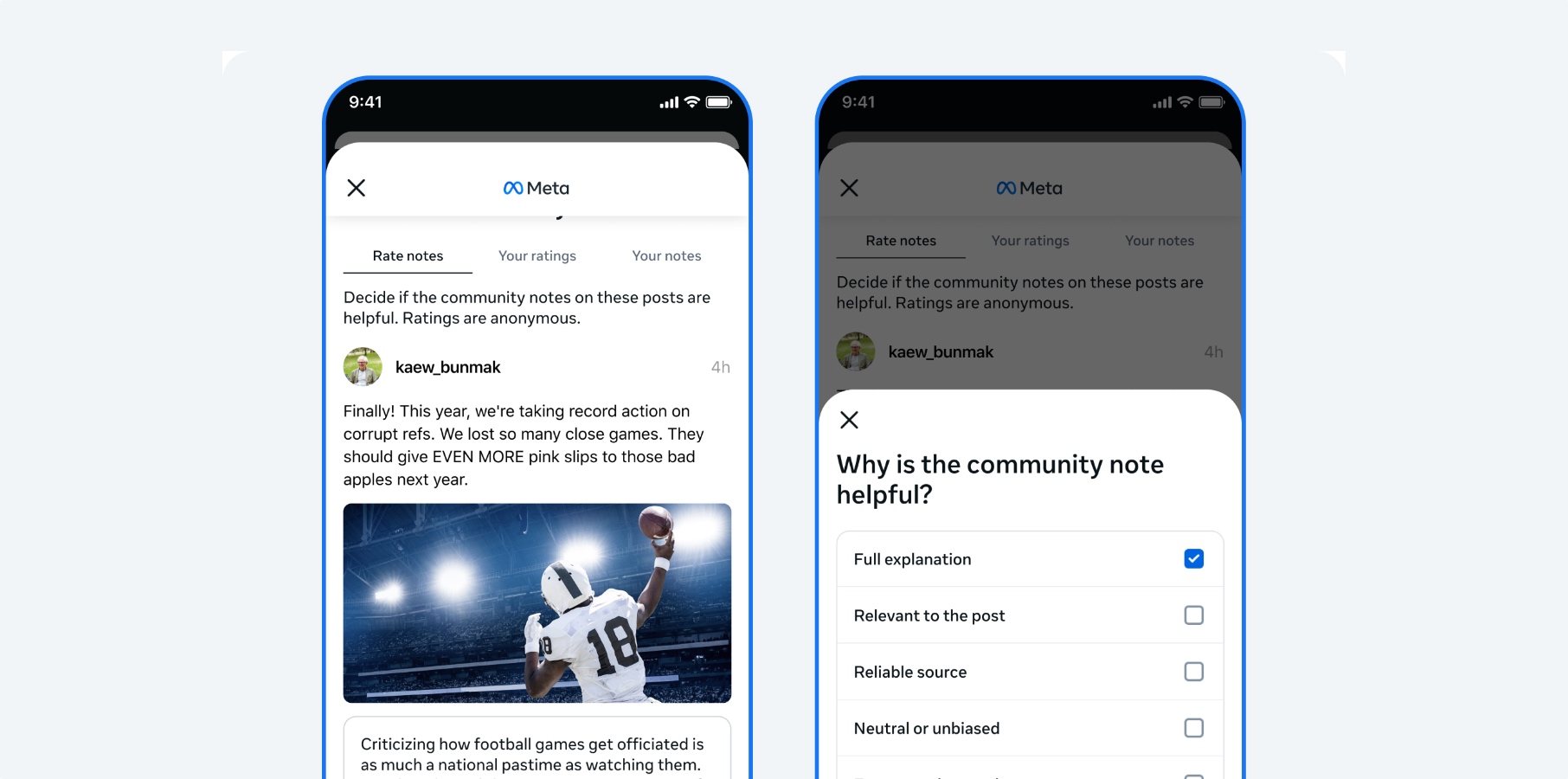John Beeler, Ph.D., SVP of Business Development, BPGbio – Interview Series
John Beeler, Ph.D., SVP of Business Development at BPGbio, brings over two decades of experience in biotechnology and business development, with extensive expertise in novel therapeutics. Before joining BPGbio, he most recently served as Business Development Search & Evaluation Lead at Bristol-Myers Squibb where he was pivotal in sourcing and evaluating licensing opportunities and strategic partnerships. BPGbio […] The post John Beeler, Ph.D., SVP of Business Development, BPGbio – Interview Series appeared first on Unite.AI.


John Beeler, Ph.D., SVP of Business Development at BPGbio, brings over two decades of experience in biotechnology and business development, with extensive expertise in novel therapeutics. Before joining BPGbio, he most recently served as Business Development Search & Evaluation Lead at Bristol-Myers Squibb where he was pivotal in sourcing and evaluating licensing opportunities and strategic partnerships.
BPGbio is a leading biology-first AI-powered clinical stage biopharma focused on mitochondrial biology and protein homeostasis. The company has a deep pipeline of AI-developed therapeutics spanning oncology, rare disease and neurology, including several in late-stage clinical trials. BPGbio’s novel approach is underpinned by NAi, its proprietary Interrogative Biology Platform, protected by over 400 US and international patents; one of the world’s largest clinically annotated non-governmental biobanks with longitudinal samples; and exclusive access to the most powerful supercomputer in the world.
What inspired the NAi Interrogative Biology® platform, and how does it differentiate BPGbio from other biopharma companies leveraging AI?
Since joining BPGbio, I’ve been continually impressed by the depth of innovation and long-term vision that went into building the NAi Interrogative Biology® platform. As someone who has spent two decades in biotechnology and business development—evaluating a wide range of platforms and companies—I can say that NAi stands out for its biology-first foundation and the depth of data it interrogates.
BPGbio was among the first to pioneer AI for drug discovery. Over the last 15 years, the team has refined NAi into a platform integrating proprietary multi-omics data and one of the world’s largest longitudinal biobanks. Unlike other companies that rely on narrow technologies or public datasets for a single disease discovery program, we integrate multiomics capabilities with our own proprietary biobank that houses hundreds of thousands of longitudinal, clinically annotated samples and use causal Bayesian AI, not generative AI modeling to uncover biologically-based insights, that can inform virtually any stage of drug discovery and increase the likelihood of clinical development success. We’re not just identifying targets; we’re using AI to design our clinical trials, understand the results of our clinical trials, and refine our treatment approaches.
Our results speak for themselves: We have one of the most advanced and robust clinical pipelines in the AI biotech industry. This pipeline includes two active phase 2 trials in aggressive cancers, multiple phase 3-ready programs, and over one hundred novel targets and biomarkers we’ve identified using our AI models.
Can you walk us through how BPGbio’s biology-first approach accelerates and de-risks the drug discovery process?
Drug development has an approximately ten percent success rate to FDA approval, reflecting the substantial risks and challenges associated with bringing a new drug to market. Therefore, it’s not how fast and how many targets you discover that matters; it’s the quality that counts.
While AI may help speed up the discovery process, applying AI, especially generative AI, to the same public datasets used in the traditional drug discovery process, won’t necessarily change clinical trial outcomes, which is ultimately the only thing that matters.
Our biology-first approach ensures the quality, depth, accuracy, comprehensiveness, and quantity of the data that goes to our AI models. In our multiomics analysis, we go way beyond analyzing RNA and DNA. In addition to genomics and transcriptomics, our scientists profile proteomics, lipidomics, and metabolomics on all layers of human biology—organ, tissue, cell, and organelles—and we feed the massive unbiased multiomics data to our causal AI models for novel insights.
This broad, AI-powered approach allows us to look beyond the disease area to find the “root cause” more quickly. After AI helps find the “root cause”, and before we go to clinical trials, we go back to the wet lab to validate the insights from AI are accurate. The focus on human biology helps us accelerate and de-risk our discovery and development process.
That closed-loop approach reduces uncertainty and ultimately de-risks the development process. From my perspective in business development, this is key to building confidence with potential partners—because our approach improves the probability of success from the beginning.
How does integrating AI with the world’s fastest supercomputer, Frontier, enhance your ability to analyze patient data and identify drug targets?
Through a partnership with the US Department of Energy, we have exclusive access to the Frontier supercomputer at the Oak Ridge National Lab for drug development analysis. This supercomputer can perform 1.35 quintillion calculations per second.
This computational power enables us to use our massive dataset to identify patterns, correlations, causations, and actionable insights that would otherwise remain obscured in smaller-scale analyses and reduce the time needed from months to hours.
For example, during COVID, we analyzed the electronic medical records (EMR) of 280,000 patients along with their clinical information. We identified genetic risk factors for specific ethnic groups, paving the way for personalized medicine. We analyzed 1.2 billion different materials to discover potential treatments for COVID in just hours.
From a commercial perspective, this computing power enables us to unlock insights faster and more effectively than others, accelerating the time to partnership, clinical trials, and, ultimately, patient benefit.
BPGbio has clinical programs in glioblastoma and pancreatic cancer. What unique insights has the NAi platform uncovered in these areas, and how have they shaped your trials?
BPGbio is actively running a phase 2b trial on glioblastoma (GBM) and has completed a phase 2a trial for pancreatic cancer, both trials with our small molecule drug candidate BPM31510.
Through the NAi platform, we understood that most aggressive solid tumors are caused by mitochondrial dysfunction in the tumor environment. BPM31510, is an ubidecarenone containing nanodispersion with anti-cancer effects mediated by molecular mechanisms in mitochondria that trigger the process of regulated cancer cell death. We ran an open-label 128-patient phase 1 study on BPM31510, and the clinical trial results confirmed the insights that NAi had discovered. NAi has subsequently helped us optimize virtually every aspect of these therapies, from the optimal dosing and timing to patient selection. Our GBM trial is currently recruiting and we expect to report our GBM phase 2 trial results later this year.
Rare diseases like primary CoQ10 deficiency and epidermolysis bullosa are a key focus for BPGbio. What challenges and opportunities do you see in tackling these conditions?
Rare pediatric diseases often lack effective treatment options due to their complexity and low prevalence, and children with these conditions typically face short life expectancies. That presents challenges for trial recruitment, regulatory navigation, and therapeutic development.
At BPGbio, we’re proud to take on these complex challenges. Our lead compound, BPM31510, has received multiple designations from the FDA—including Orphan Drug and Rare Pediatric Disease designations—for both primary CoQ10 deficiency and epidermolysis bullosa (EB). These are important milestones that reflect the clinical potential of our programs and open the door to priority review vouchers upon approval.
We’re planning a phase 3 trial for primary CoQ10 deficiency and actively exploring partnerships to advance our EB program. This includes evaluating topical formulations as treatment options. We believe BPGbio’s platform can make a transformational impact in this space.
Bayesian AI plays a significant role in your platform. How does it specifically help in identifying novel drug targets or biomarkers?
Bayesian AI enables our platform to move beyond identifying associations to uncover cause-and-effect relationships that drive disease. It models uncertainty, accounts for data variability, and generates highly robust predictions that guide therapeutic and biomarker discovery.
By integrating longitudinal multiomics and clinical data, our models can identify the biological mechanisms behind disease progression and optimal intervention points. This makes the discovery process more precise and the downstream development more predictable.
From a strategic standpoint, this is incredibly valuable. Validating what to target and why it matters biologically changes how you prioritize programs, design trials, and talk to partners. It builds confidence in the science.
Your work on E2 enzymes for targeted protein degradation is groundbreaking. How did the NAi platform overcome traditional challenges in targeting “undruggable” proteins?
BPGbio’s E2-based targeted protein degradation (TPD) program is one of our pipeline's most exciting and innovative areas. Traditional TPD approaches rely on E3 ligases, which limit target scope and can lead to drug resistance. Our approach uses post-translationally modified E2 enzyme complexes—uncovered by the NAi platform—to expand the druggable proteome.
This is a first-in-class approach, and the early traction we’re seeing has drawn attention across pharma and biotech. We’re currently applying this to oncology, neurology, and rare diseases. It’s a great example of how NAi doesn’t just support discovery—it enables us to rethink what’s possible in drug development.
How does BPGbio balance AI-driven insights with human oversight to ensure the validity of your discoveries?
At BPGbio, we see AI as a powerful tool—but not a replacement—for human expertise. Our AI-driven insights are grounded in high-quality biological data and are continuously cross-validated by our teams of biologists, clinicians, and data scientists.
This collaboration ensures that every insight is put into biological and clinical contexts. It’s one of the reasons BPGbio has achieved such a high success rate in clinical trials—we combine the speed and scale of AI with the scientific rigor and judgment that only experienced experts can bring.
What potential do you see for AI-discovered biomarkers to revolutionize early diagnosis in diseases like Parkinson’s?
The power of our platform lies in its ability to interrogate biology broadly and deeply—so when NAi uncovers a target for therapeutic purposes, it can often be used diagnostically as well.
In Parkinson’s disease, we built systems biology models using patient samples from nearly 400 individuals by the Parkinson’s Institute and we identified N-acetylputrescine (NAP) as a novel blood-based biomarker. We’ve validated it through a CLIA-certified diagnostic panel, and our published study showed that when combined with clinical features like olfactory loss and REM sleep disturbance, the panel significantly improves diagnostic accuracy and early risk assessment. This has the potential to enable earlier intervention and improve patient outcomes.
What role do you see BPGbio playing in shaping the future of precision medicine?
There is no one-size-fits-all in treating patients. Biology-first AI has the potential to transform precision medicine by discovering novel insights that help subtyping patients, thus improving trial design, patient stratification, and therapeutic success rates. These insights will lead to more efficient development of diagnostics and treatments for a range of rare and complex diseases.
By leveraging AI to rigorously interrogate biological inputs and translational models, the industry can unlock AI's full potential to transform drug development and deliver breakthroughs that address unmet medical needs. The next chapter of precision medicine will be written by those who can pair innovation with impact, and BPGbio is ready to lead that charge.
Thank you for the great interview, readers who wish to learn more should should visit BPGbio.
The post John Beeler, Ph.D., SVP of Business Development, BPGbio – Interview Series appeared first on Unite.AI.




































































![Rapidus in Talks With Apple as It Accelerates Toward 2nm Chip Production [Report]](https://www.iclarified.com/images/news/96937/96937/96937-640.jpg)













































































































.webp?#)
_Christophe_Coat_Alamy.jpg?#)








































































![[The AI Show Episode 142]: ChatGPT’s New Image Generator, Studio Ghibli Craze and Backlash, Gemini 2.5, OpenAI Academy, 4o Updates, Vibe Marketing & xAI Acquires X](https://www.marketingaiinstitute.com/hubfs/ep%20142%20cover.png)























































































![From drop-out to software architect with Jason Lengstorf [Podcast #167]](https://cdn.hashnode.com/res/hashnode/image/upload/v1743796461357/f3d19cd7-e6f5-4d7c-8bfc-eb974bc8da68.png?#)









































































-Nintendo-Switch-2-–-Overview-trailer-00-00-10.png?width=1920&height=1920&fit=bounds&quality=80&format=jpg&auto=webp#)































































